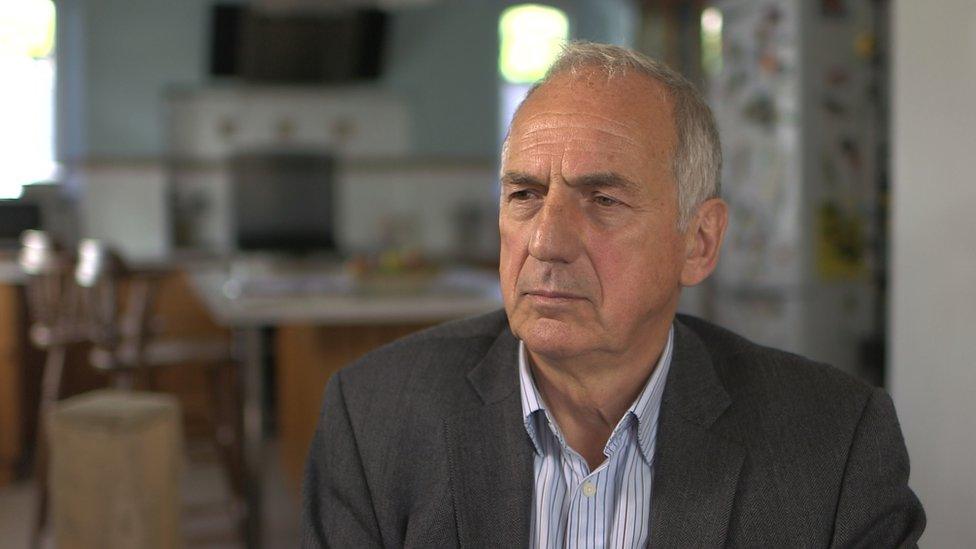BBC experts assess Jeremy Corbyn's policy plans
- Published
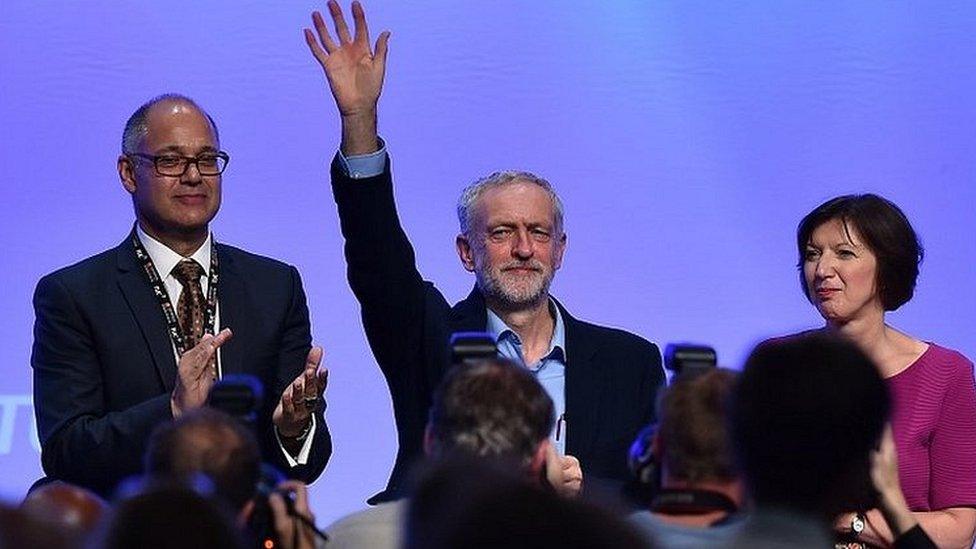
What direction will Jeremy Corbyn's Labour Party take? BBC experts cast their eyes over the new leader's current thinking on some of the big policy areas.

Defence: By BBC defence correspondent Jonathan Beale
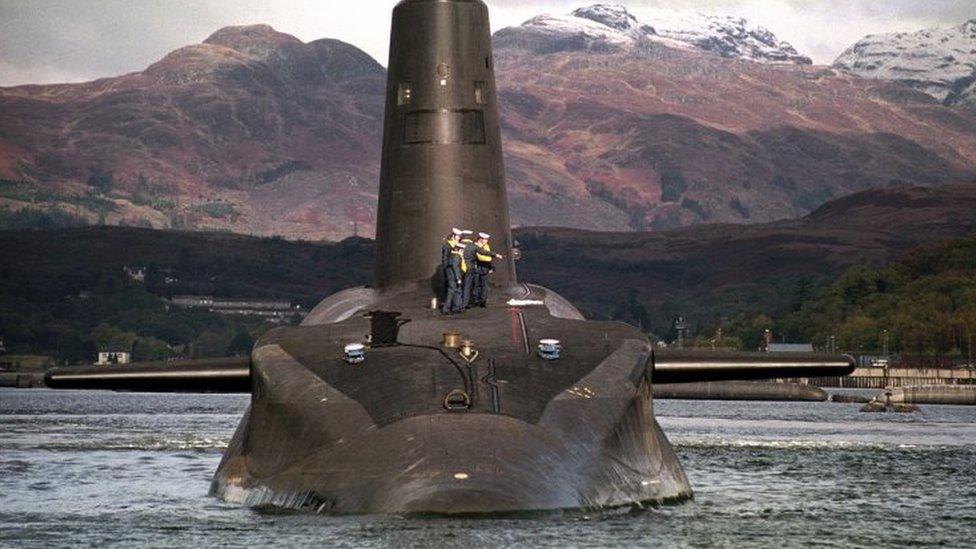
On the face of it Jeremy Corbyn is no fan of defence.
He is a pacifist who has spent much of his career speaking out against British military intervention in Northern Ireland, Iraq and Afghanistan.
He was, until recently, chairman of the "Stop the War Coalition".
But as Labour leader he is now having to accommodate the views of others, and even moderate his own; he now says he will wear a red poppy, as opposed to a white one on Remembrance Sunday.
On matters of key defence policy though he is still at odds with much of his party. He is no fan of the Nato alliance or of the current military strategy to defeat so-called Islamic State.
He has suggested he will not support expanding UK military air-strikes to Syria. On both these issues there appears to be room for compromise.
The Labour leader is, so far, not imposing his will on others. That will prove harder when it comes to the vote, next year, on renewing Britain's nuclear deterrent. Jeremy Corbyn, a former leading light in CND, is opposed in principle to replacing Trident.
Many in his party worry that position will be their undoing - just as it was for Michael Foot in 1983.

Environment: By BBC environment analyst Roger Harrabin
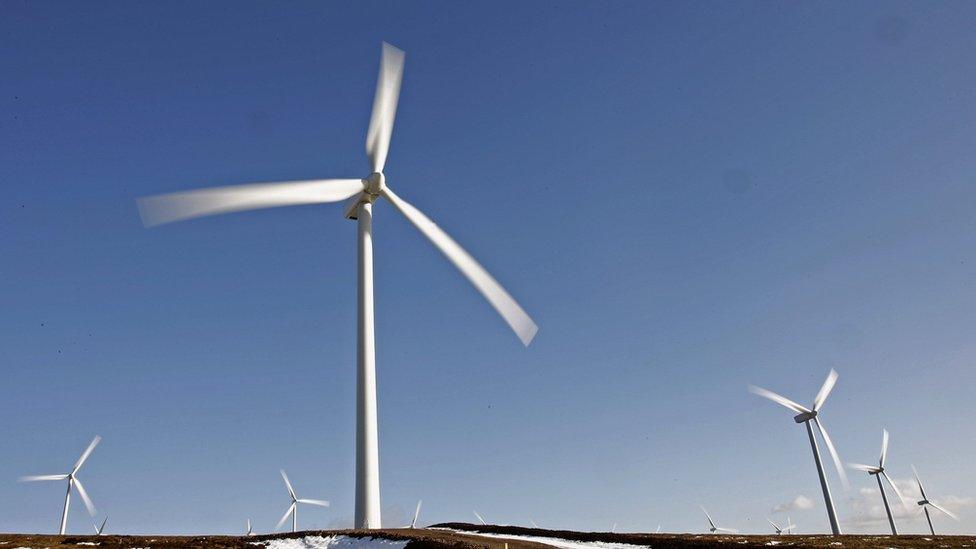
Beard, sandals, pacifism, vegetarianism… Jeremy Corbyn would look at home in the Green Party.
In fact, he is frank about the need for Labour to attract environmentalists to help it back to Downing Street.
Corbyn's views sit happily with what used to be called red/green politics. He distrusts nuclear. He instinctively dislikes corporations, fears the Transatlantic Trade and Investment Partnership (trade negotiations between the US and EU) and says Conservatives have allowed unsustainable exploitation of resources and people by protecting the interests of a rich few.
He yearns for an energy system powered by renewables owned by communities, as many are in Germany. He would ban fracking. He wants a massive programme of home insulation to end fuel poverty and says new homes should be able to generate their own power.
He wants children to connect with the countryside. Under Ed Miliband's leadership Labour sometimes seemed reticent of taking a strong environmentalist line, but this is already changing.
Among Corbyn's team are Lisa Nandy (energy) and Kerry McCarthy (environment) and both have made strong speeches on climate. One big question: how far will the green love affair go? Some Greens would like an electoral pact. That would be a big move indeed for both parties.

Housing: By BBC Home Editor Mark Easton
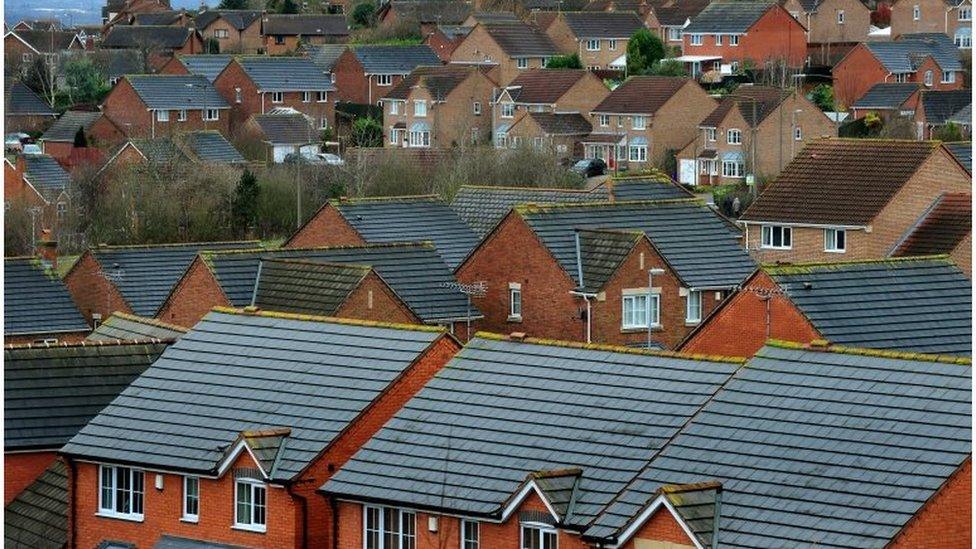
Labour describes housing as its "top domestic policy" and, with the government's controversial Housing Bill due for debate later this year, the party leadership says the issue is its "top legislative priority" too.
Labour has no formal policy position on housing as yet, but both Jeremy Corbyn and his shadow housing minister, John Healey, are known to favour a major state-funded building programme.
A figure of 100,000 "council houses" a year by 2020 is being talked about, a return to the level of government house-building not seen since the 1950s and 60s.
Labour sources tell me that increasing the supply of social homes, with rent levels below "affordable housing" and the private rented sector, construction costs can be recouped from the savings made in the housing benefit bill.
It sees housing as a policy area in which it can mark out a radically different approach from the Conservatives. While the Tories enjoy much greater support than Labour among older home-owners, the Corbyn opposition look to be courting Generation Rent.

Health: By BBC health correspondent Nick Triggle

Compared to some areas, the Labour leader's approach to the NHS might be less radical. After all, it's a nationalised sector that already attracts significant amounts of public funding.
Saying that, it's widely seen in the party as a weak spot for the government. Despite promises to increase the budget demand is rising so quickly that performance is suffering in many parts of the NHS - so expect to hear Mr Corbyn and his shadow health secretary trying to make political capital out of that.
He has already spoken out against the involvement of the private sector in the NHS and floated the idea of a need to bail out trusts struggling to pay their PFI bills (accrued from using private money to redevelop hospital buildings).
There are also likely to be some headlines - indeed there already have been - about his leaning towards homeopathy, which is only rarely available on the NHS because of a lack of evidence it works.

Education: By BBC education correspondent Sean Coughlan
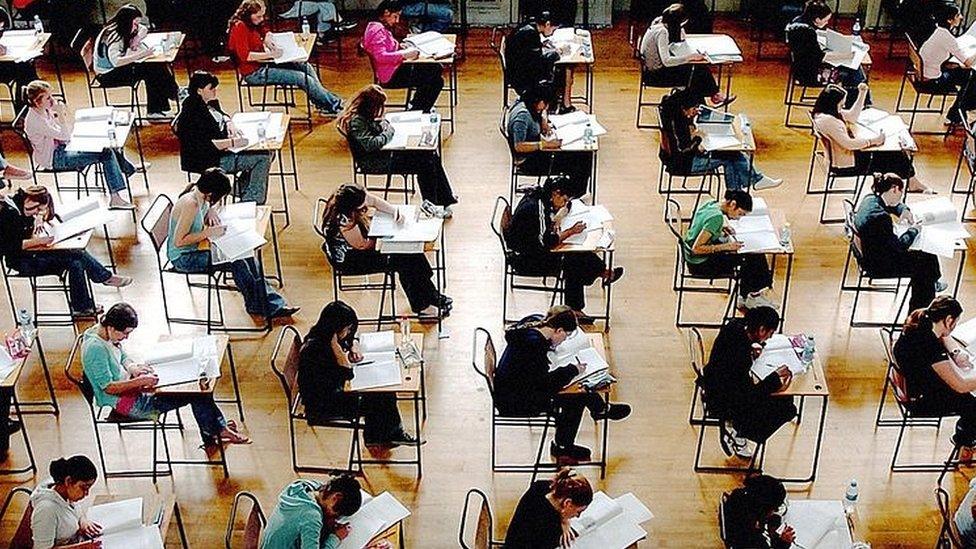
Education policy under Jeremy Corbyn will be expected to be more old school than new Labour.
There have been signals that academies, created in the Blair years and rapidly expanded under the coalition government, would be brought back into England's local authority education systems.
It would be a symbolic departure from two decades of Labour modernisers. While Ed Miliband's Labour promised to cut tuition fees to £6,000, Mr Corbyn would go further and scrap them altogether and reintroduce maintenance grants.
And Mr Corbyn has proposed a National Education Service that can help people improve their skills throughout their lives.
The resurgent left will have a long shopping list of expectations on topics such as free schools, grammars, independent schools, tests, academy trusts, admissions, school autonomy, league tables, teachers' pay and Ofsted.
But will there really be a return to old Labour and old battles? Or will Mr Corbyn want a new kind of education policy for his version of new politics?

Transport: By BBC transport correspondent Russell Hotten
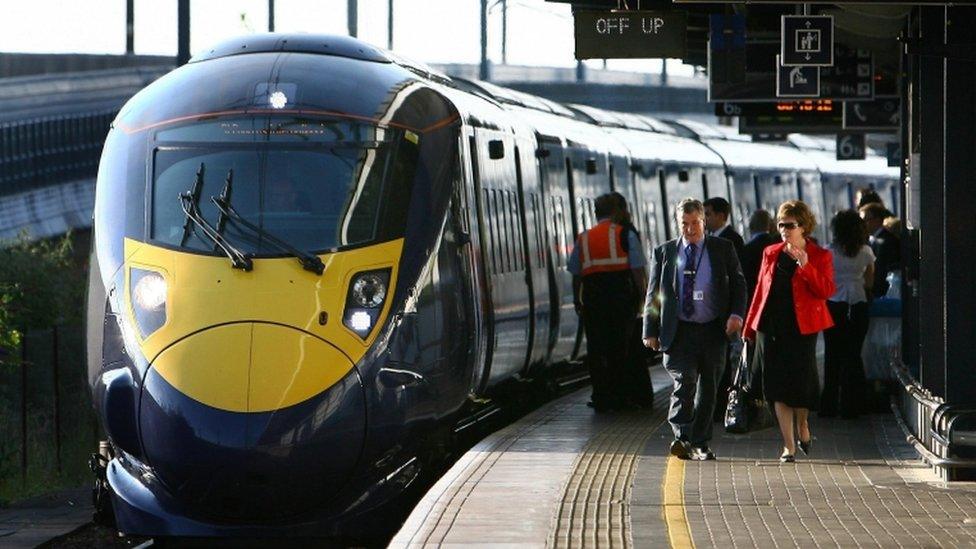
Transport will be central to Labour's policy programme.
Jeremy Corbyn wants to use it to "stimulate the economy by increasing investment in new high speed rail, creating jobs and connecting more town and cities". He plans to re-nationalise the railways "line by line", a proposal which seems to have a measure of support in the country.
But details of how to re-nationalise, compensation, and investment have still to be worked out. That will be the job of Lilian Greenwood, Labour's new shadow transport secretary.
The former shadow rail minister has been a strong critic of government rail policy, and is expected to support moves to decentralise more powers over transport to the regions.
Where does this leave the huge high-speed rail project, HS2, linking London with the Midlands and North of England? Mr Corbyn and shadow chancellor John McDonnell voted against the legislation paving the way for the line, but the issue of whether to continue or cut the rail link is now under review.
On that other great infrastructure project, a third Heathrow Airport runway, Labour's leader was pretty clear in the Financial Times last month, saying: "I'd vote against it in this Parliament."
There are, though, plenty of Labour MPs who support Heathrow expansion. Mr Corbyn has also promised to encourage cycling; a keen two-wheeler, he extols its benefits for health and the environment.

Benefits and tax: By BBC personal finance correspondent Simon Gompertz
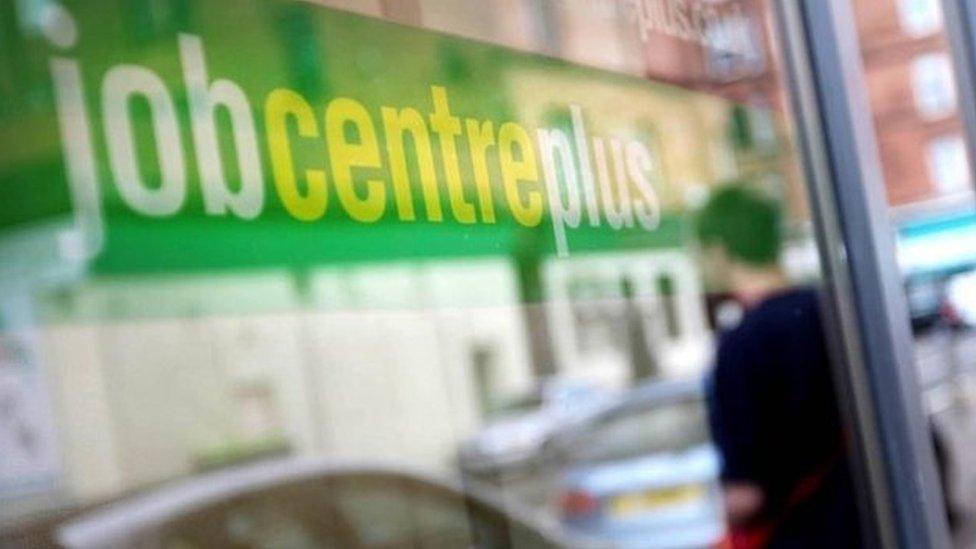
Jeremy Corbyn and his shadow chancellor, John McDonnell, come into this conference with the clear intention to fight welfare cuts and shift more of the burden for dealing with the deficit onto companies and the rich.
The new leadership has come out solidly against the benefit cap, while others on the shadow front bench say the party should be opposing the lowering of the cap to £20,000 a year per household (£23,000 in London), rather than campaigning against the principle of a cap.
Corbyn's Labour would bring in higher income tax for the wealthy - not to 60%, it now appears, but there is still a debate to be had over whether a return to 50% would be right.
Then there is tax on the City. The European tax on financial transactions - the so-called Robin Hood tax - is firmly favoured by the new leader. But Sadiq Khan, Labour's candidate for London mayor, is opposed to additional taxes on business.
One thing they can happily agree on is that tax avoiders should be made to pay up. John McDonnell believes there is £120bn to be gained. Get that and the other problems might wither away.

Foreign policy and Europe: By BBC correspondent Bridget Kendall
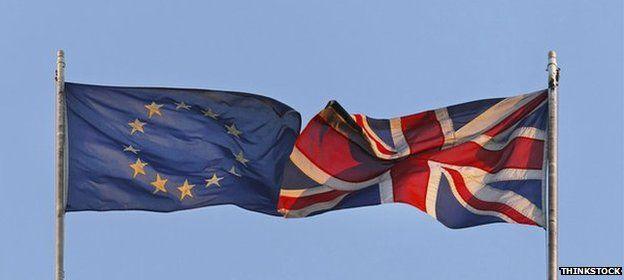
Not everyone on Labour's shadow front bench shares their new leader's positions, and Mr Corbyn is ambiguous on some issues.
But overall he says the country needs a "radically different foreign policy". His position on whether to stay in Europe or leave was not initially clear. He said he had mixed feelings, though he later clarified he would campaign for an "in" vote.
He is opposed to the EU's planned TTIP trade deal with the US and says Britain should push for better working and social conditions.
Mr Corbyn is opposed to "military interventions" on principle, including the "disaster" of the 2003 Iraq invasion.
He says he will oppose any new vote in Parliament for airstrikes in Syria. Instead of military options, he argues the UK should use political tools and focus on reducing inequality. Hence his opposition to Nato membership or increasing defence spending - and his call to "talk to everyone", even groups prepared to use violence, like Hamas and Hezbollah.
On Russia, the Labour leader argues the eastward expansion of Nato is also to blame for the Ukraine crisis, as well as Russia's violation of Ukrainians' sovereignty by taking over Crimea. Argentina has welcomed his suggestion that the UK should think of sharing sovereignty of the Falklands. And at odds with previous Labour leaders, he supports the idea of a united Ireland, a stand described by Unionists as "unhelpful".

- Published25 September 2015
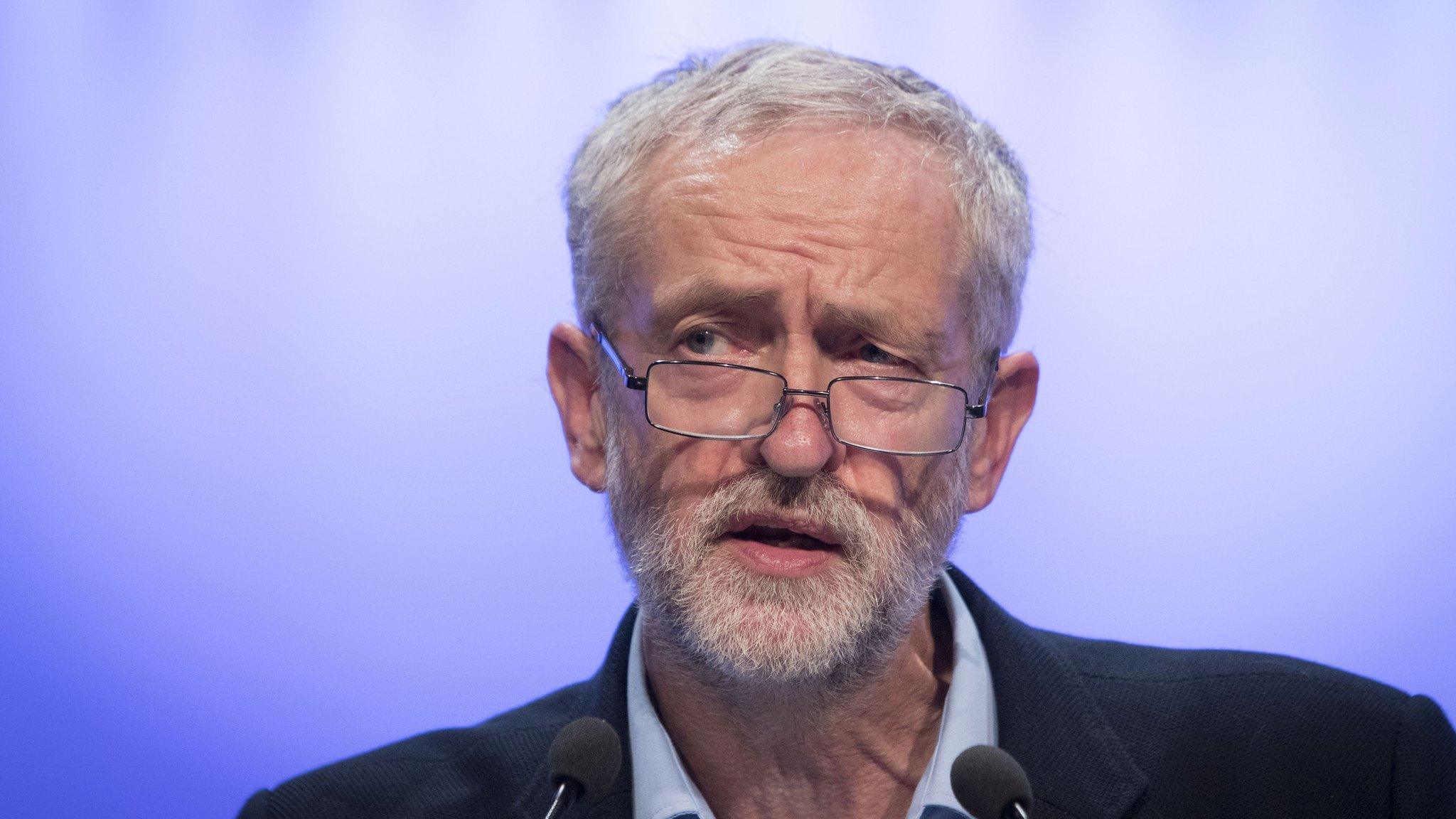
- Published25 September 2015
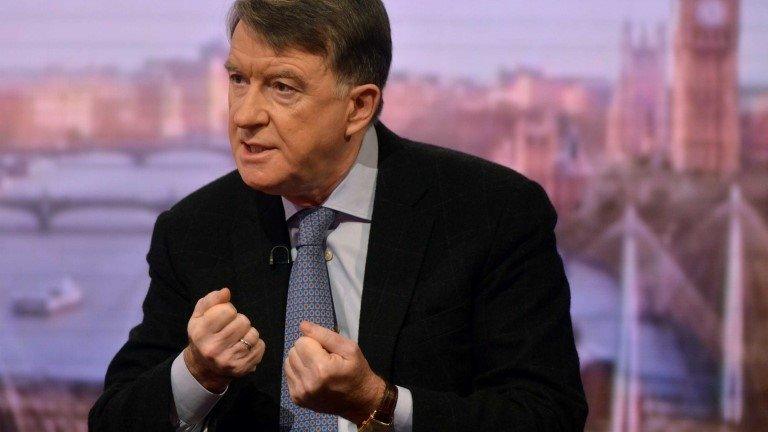
- Published30 July 2015
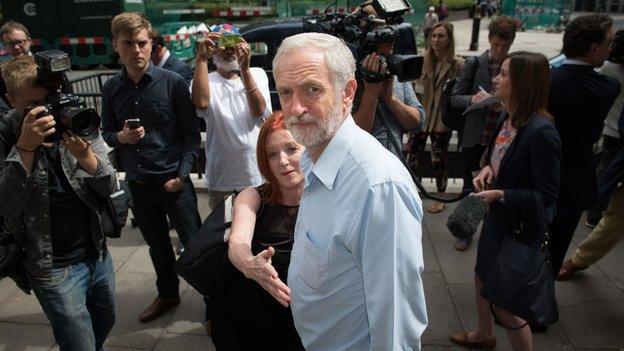
- Published23 September 2015
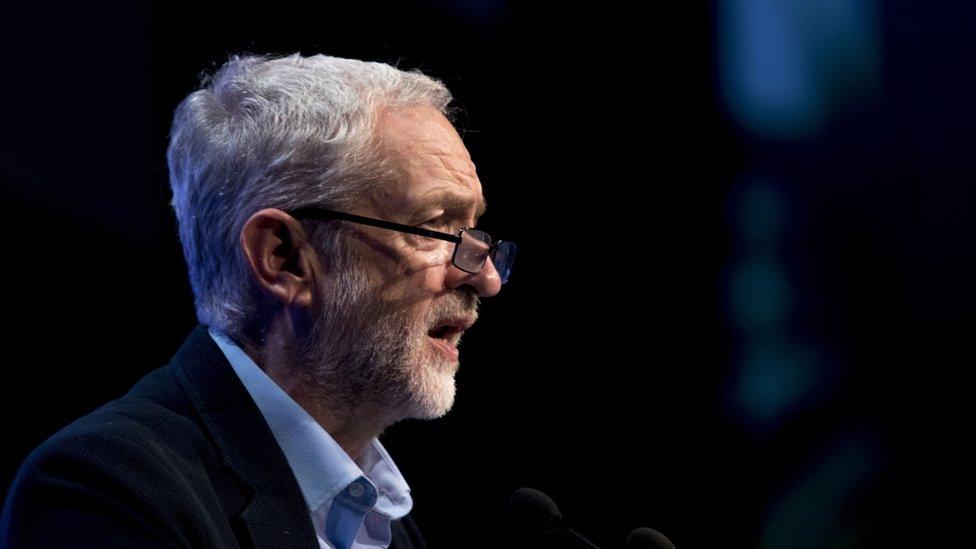
- Published14 September 2015
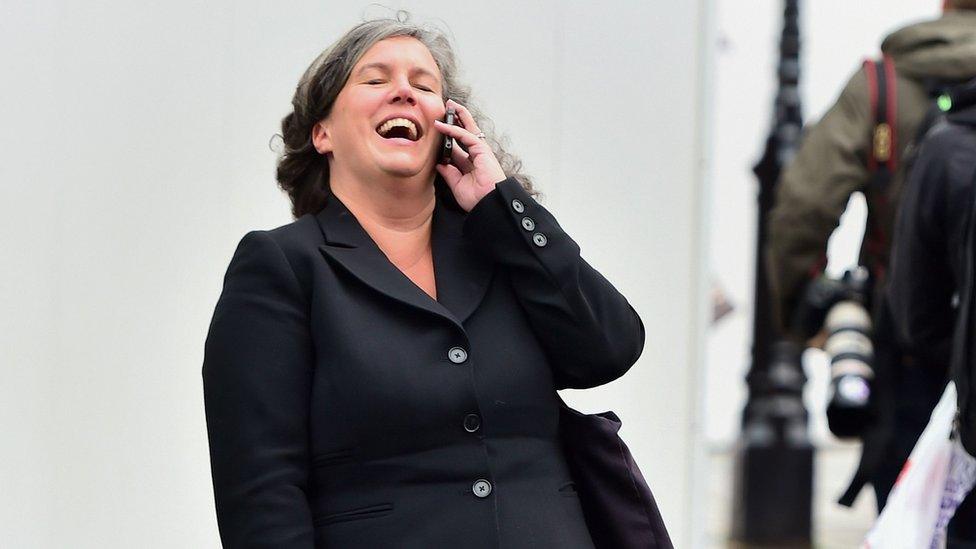
- Published23 September 2015
